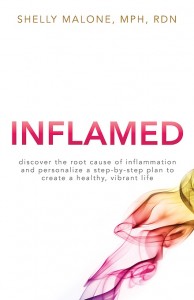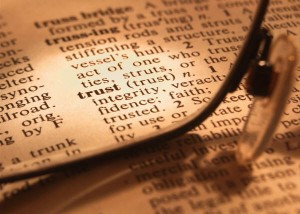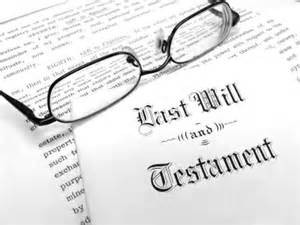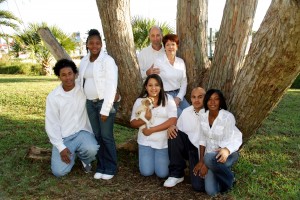DIGESTION AND DISEASE

Cover of Shelly’s book, INFLAMED.
By Shelly Malone, MPH, RDN, and author of “INFLAMED.” Learn more at http://www.inflamedbook.com
Our digestive system is the foundation for wellness and immunity, having the highest concentration of immune cells in our entire body. It was Hippocrates who first said, “all disease begins in the gut.” The guy has a pretty good reputation, so I don’t take his proclamation lightly. And though this wise, founding father of medicine first realized this over 2,000 years ago, most people seem to be surprised to know that a digestion (or “gut”) issue could be the culprit for a variety of symptoms outside of the expected gas, bloating and poop issues.
The gut has four quite critical functions:
- To digest food and convert it into vitamins
- To absorb nutrients
- To prevent toxins and pathogens from entering the bloodstream
- To activate thyroid hormones, which are involved in almost every physiological process in the body
A big determinant to ensuring the above processes work effectively and efficiently is the makeup of the bacteria, or microorganisms that live within the digestive tract, otherwise known as your gut microbiome.
INTRODUCTION TO THE MICROBIOME
Your microbiome is loosely defined as the community of microorganisms or microbes (beneficial and harmful) that share our body space — not only in our gut, but on our skin, in our mouths, noses, throats, lungs, and urinary tracts. The microbiome as a whole is the source of intense, ongoing research. And while researchers have not yet been able to correlate specific microbes with specific diseases, they have acknowledged:
“What is clear…is that the microbiome is probably an important factor in many diseases, a factor that has been neglected in the past.”
The American Academy of Microbiology estimates that our bodies have almost three times the amount of bacteria making up our microbiome (about 100 trillion) than we do human cells in our entire body. But, don’t let this fact cause concern (yet). While the harmful, pathogenic bacteria (e.g. coliform bacteria like E. Coli, yeasts, fungus, parasites) are the ones we have been so focused on in the past, most of the bugs, like lactobacillus and bifidobacter, are actually beneficial, or commensal, bacteria.
THE GUTS OF THE MATTER
While the microbiome as a whole is a fascinating and timely topic, we are going to stay focused on the micro demographic in our digestive system. Not only does our digestive system house about 70% of our immune cells, 95% of our serotonin and 90% of all neurotransmitters also take up residence there as well.
Ideally, we have a strong, working relationship with the friendly bugs.
Through our diet we provide the nutrients to feed these beneficial bacteria, and in turn, they keep our immunity in check, make certain vitamins, regulate our metabolism, and assist in gene expression, digestion, and many other processes that we are continuing to learn about.
It’s a win/win. Or, at least it should be.
CATEGORIES OF DISRUPTION
Unfortunately, your digestive system and the related processes it is in charge of can be compromised via two general categories. (here’s where we start to get concerned):
- Dysbiosis
The goal for a healthy gut is to have the good, beneficial bacteria outweigh the bad. The good guys act as a physical barrier to the bad. If the good guys get killed off, don’t show up in the first place, or if you consume a diet that feeds your body more bad bacteria, it makes more room for the bad (pathogenic) to take over. This leads the way to a skewed ratio of much more bad bugs to good, aka dysbiosis.
- Leaky Gut
The protective lining of your digestive system or gut lumen (the space inside the tube of your intestine that regulates the passage of nutrient particles into your bloodstream), can be damaged by various diet and environmental factors. This causes your digestive system to become overly permeable. And when this protective barrier breaks down, it takes down your entire system with it.
Usually your intestinal wall is woven like a piece of cheesecloth. When it’s “leaky” though, it’s more like a tennis net. This series of openings allows larger, undigested nutrient particles to get into your bloodstream before they’ve had time to marinate in the proper digestive juices. Various toxins and bacteria can also pass through. These escapees are viewed as foreigners by your immune system and trigger an antibody reaction leading to inflammation, putting a huge strain on your entire system.
Several years ago, leaky gut was only truly acknowledged in more alternative settings, but with new research available identifying how the gut lining breaks down and its association with inflammation, autoimmune disease, cancer and other chronic conditions, it is becoming more widely accepted. Today, you will hear leaky gut referred to as “intestinal hyperpermeability” or a “disrupted microbiome”.
The words “leaky” and “gut” aren’t painting a very pretty picture but the concept is imperative to almost everything we’ll discuss. If your gut health isn’t on point, your overall health won’t be either. Getting off course compromises your immunity (e.g. inappropriate inflammatory responses), detoxification process (your ability to deal with toxins in the environment), nutrient status, and neurotransmitter balance. In fact, the health of your gut even plays a role in determining how your genetic dispositions will manifest.












 Most people understand that having some sort of an estate plan is, as Martha Stewart would say, a “good thing.” However, many of us don’t take the steps to get that estate plan in place because we don’t understand the nuances between wills and trusts – and dying without either.
Most people understand that having some sort of an estate plan is, as Martha Stewart would say, a “good thing.” However, many of us don’t take the steps to get that estate plan in place because we don’t understand the nuances between wills and trusts – and dying without either.


